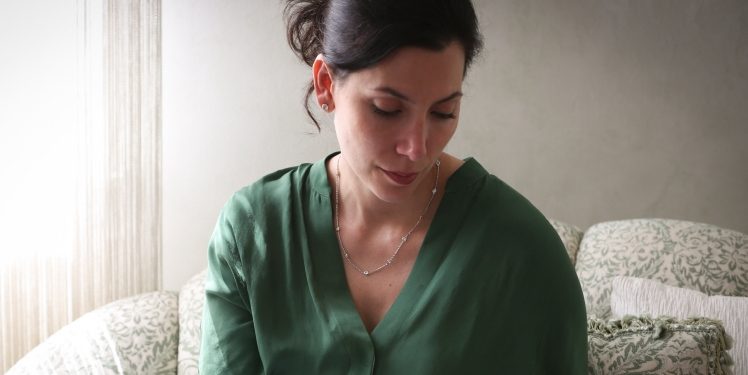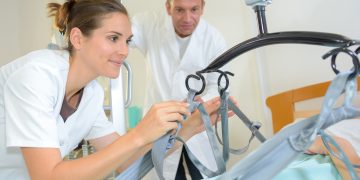Is it possible to perform a fetal autopsy after a stillbirth? What are the chances that an autopsy will reveal what happened? Can an autopsy provide valuable information for future pregnancies? Well, these are questions that people often find themselves asking after a stillbirth. So, let’s discuss some important aspects of this subject here. Read on—
Fetal autopsy after stillbirth—
Parents may face many problems after a stillbirth, including the decision about whether or not to perform a fetal autopsy on their baby. This decision is very personal and can cause a wide range of reactions.
Let’s look at what information an autopsy might provide and what an autopsy won’t tell.
As a matter of fact, an autopsy cannot change the fact that something happened. So, some people don’t see a point in getting an autopsy done. And that is totally understandable. After all, there’s no right or wrong here. It is up to you and your partner to make the best decision for both of you. However, an autopsy is the best way to discover how your baby died.
A fetal autopsy can be a useful tool in finding out if a disease might have been the reason why a baby was stillborn, as there are many causes for stillbirth.
A fetal autopsy helps one out of four couples get an answer to what might have caused the death of their unborn baby.
A fetal autopsy can also be very useful in determining if you are at risk of it happening again.
In 2016, a large study found that prenatal ultrasounds did not provide enough information to determine the cause of miscarriage in 22 percent of cases. Researchers who conducted this study believed that a fetal autopsy should be performed almost every time since it can uncover additional information that could change the final diagnosis and affect genetic counselling.
Many believe that a Fetal Autopsy should be the standard for determining the cause of fetal death. However, parents who have lost a child need not necessarily perform this test.
Why should a fetal autopsy be done?
It’s understandable if parents do not want to think about the consequences of stillbirth for future pregnancies immediately after they have lost their baby. However, it is still important to consider this aspect seriously.
An autopsy can’t always identify the cause of death. Even if the cause of death is not determined, it can still be helpful, especially if you’re planning on getting pregnant again.
What information does an autopsy report include?
During the autopsy, a pathologist will examine the baby’s internal organs and body to determine if there was a congenital defect. The baby’s placenta, umbilical cord, and blood too will be examined by the pathologist. And any findings will be documented in the report.
What are the odds of a repeat stillbirth occurring?
It’s individual circumstances that affect the likelihood of repeat stillbirths. The autopsy may reveal a clear cause of the first stillbirth. However, it may not mean that the problem will recur in subsequent pregnancies. A doctor can use the report to determine the likelihood of the problem returning and to create a plan to reduce the risk.
Is it possible to still have a funeral after an autopsy has been done?
Some people don’t request an autopsy for religious reasons. However, if you have got it done, you can still have a funeral unless there are specific religious or cultural prohibitions for the same, which you would wish to follow.
These are some questions that you need to ask yourself before making your final decision—
- Would you like to find out the cause of your baby’s death? Is your desire strong? Is there any chance you’ll regret not requesting an autopsy?
If your answer to the above questions is yes, then you should get a fetal autopsy done.
- What do you think about contributing to scientific research?
Some people are very passionate about contributing to scientific research, even if they don’t benefit from it. Whereas others feel it’s not worth taking the pain of a fetal autopsy to contribute to any such research. Well, there is no right or wrong choice here. It’s up to you and your partner to decide what is best for you today and in the future.
Deciding whether or not to opt for fetal autopsy—
There are both pros and cons to a fetal autopsy. While an autopsy can reveal additional information that could help in determining the reason for your stillbirth or managing future pregnancies, it can also add to your already painful emotions.
So, it is up to you and your partner to decide whether you want to perform a fetal autopsy.
If you’re not comfortable, don’t allow anyone to push you into an autopsy. Also, don’t be forced to not consider doing it because of external pressure if you feel it’s important.
Think about the above questions. Listen to your loved ones. However, the final decision is yours. So, decide based on what you deem best for yourself.
No matter what your decision about an autopsy is, recovery from the trauma is important.
Your family and friends can help you with this. You can also find support groups for stillbirth that will help you sail through this tough time.



























